Lenten rose plants (Helleborus x hybridus) are not roses at all but a hellebore hybrid. They are perennial flowers that derived their name from the fact that the blooms look similar to that of a rose. In addition, these plants are seen blooming in early spring, often during the Lent season. These plants grow best in rich, well-draining soil that’s kept somewhat moist. They also prefer to be planted in partial to full shade. Description from gardeningknowhow.com
Home > Plant Guide >
Scientific Name
Family
Garden Type
Wildlife
Native Plant Region
Light needs
Water Needs
Plant Type
Bloom Color(s)
Height
Width
Months in Bloom
Safe Beneath Power Lines?
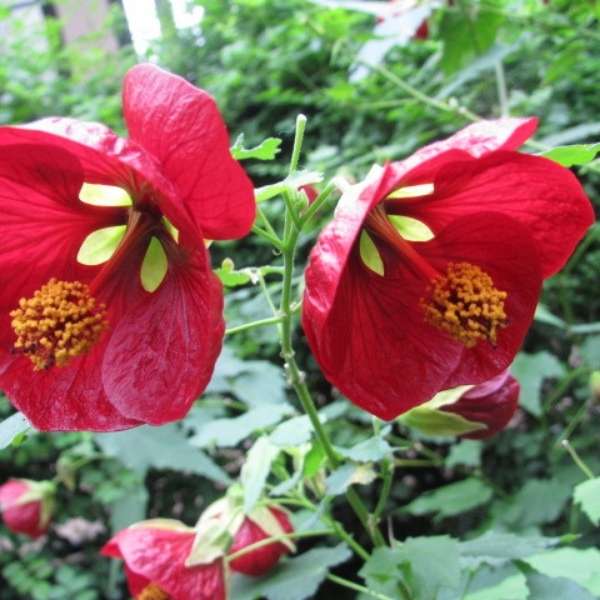
We’d like to maintain accurate and robust plant listings. If you see information that is not correct or that could be added to improve the listing, please let us know. Or if you’d like to suggest a plant to add to our plant guide, you can use this form do so. Thank you!
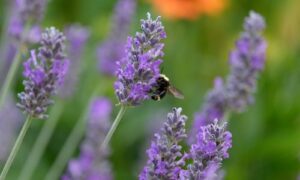
Check out our list of local wildlife-supporting plant stores and nurseries, organizations, and community science opportunities.
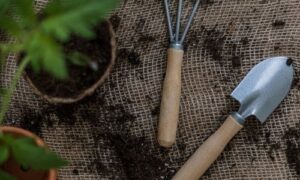
New types of vegetation can attract additional wildlife to an area. You might be surprised how a little green can go a long way!
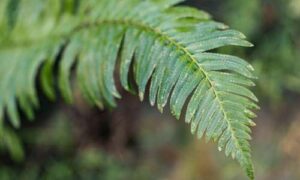
Despite the urban character and the high population density, a surprising diversity of life exists in Capitol Hill. Explore a few physical aspects of our urban ecosystems and meet some of its more-than-human residents.
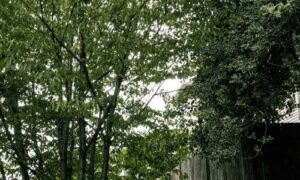
The plants, animals, fungi, microbes, and other natural features that make up “urban habitat” are important to the character, function, and livability of cities.
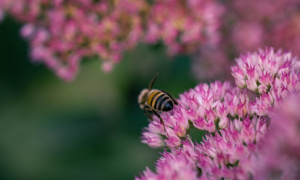
This workshop will guide you through the process and materials needed to help you decide if Mason Bees are right for you and your garden, whether you have a small deck or an open garden.

Seattle neighborhoods are full of wildlife and wild things. We’ve compiled a few exercises to help you slow down and appreciate the nature that surrounds you.
Nature of Your Neighborhood is a collaboration between Birds Connect Seattle, the Capitol Hill EcoDistrict, and the Seattle Bird Conservation Partnership. Our goal is to foster relationships between the people and the nature of their neighborhoods.